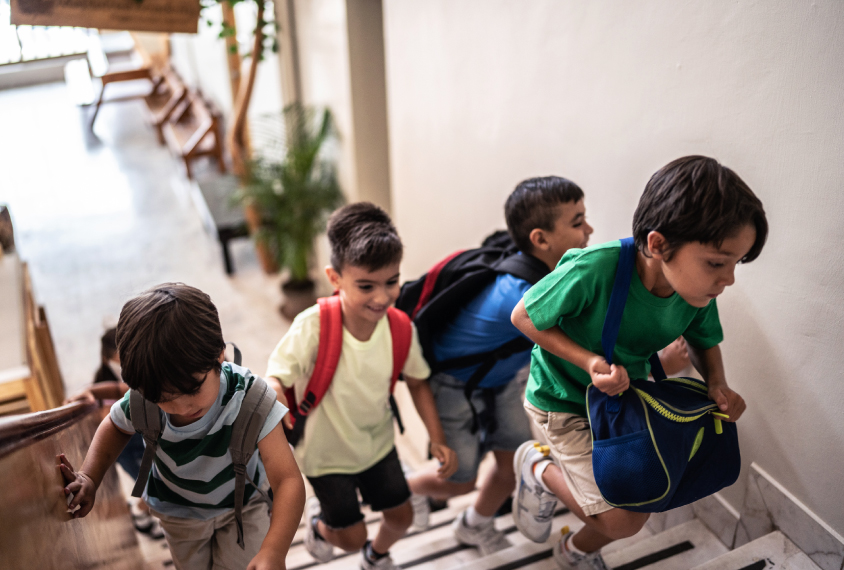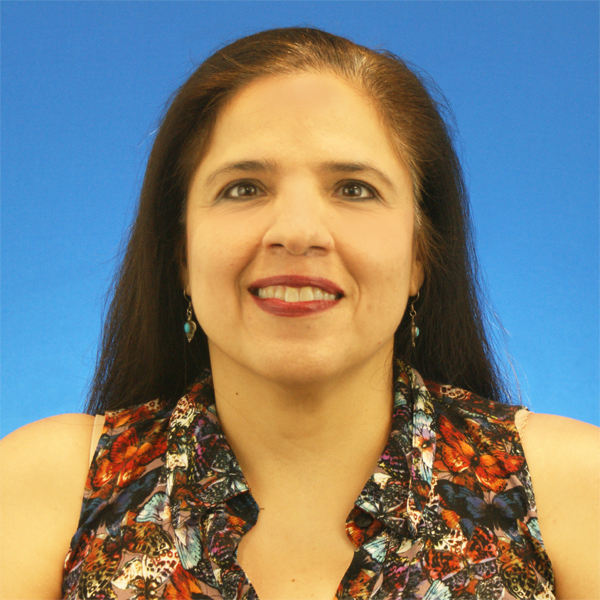Cecilia Montiel-Nava is director of the Behavior and Child Development Lab and associate professor of psychological science at the University of Texas Rio Grande Valley in Edinburg, Texas.
Countries across Latin America and the Caribbean struggle to collect data on autism, but Cecilia Montiel-Nava and the Latin American Autism Spectrum Network are beginning to change that.
From this contributor
Filling autism knowledge gaps in Latin America: Q&A with Cecilia Montiel-Nava

Filling autism knowledge gaps in Latin America: Q&A with Cecilia Montiel-Nava

Cecilia Montiel-Nava
Associate professor
University of Texas Rio Grande Valley
Explore more from The Transmitter
Neuro’s ark: Spying on the secret sensory world of ticks
Carola Städele, a self-proclaimed “tick magnet,” studies the arachnids’ sensory neurobiology—in other words, how these tiny parasites zero in on their next meal.

Neuro’s ark: Spying on the secret sensory world of ticks
Carola Städele, a self-proclaimed “tick magnet,” studies the arachnids’ sensory neurobiology—in other words, how these tiny parasites zero in on their next meal.
Autism in old age, and more
Here is a roundup of autism-related news and research spotted around the web for the week of 2 March.

Autism in old age, and more
Here is a roundup of autism-related news and research spotted around the web for the week of 2 March.
Lack of reviewers threatens robustness of neuroscience literature
Simple math suggests that small groups of scientists can significantly bias peer review.

Lack of reviewers threatens robustness of neuroscience literature
Simple math suggests that small groups of scientists can significantly bias peer review.